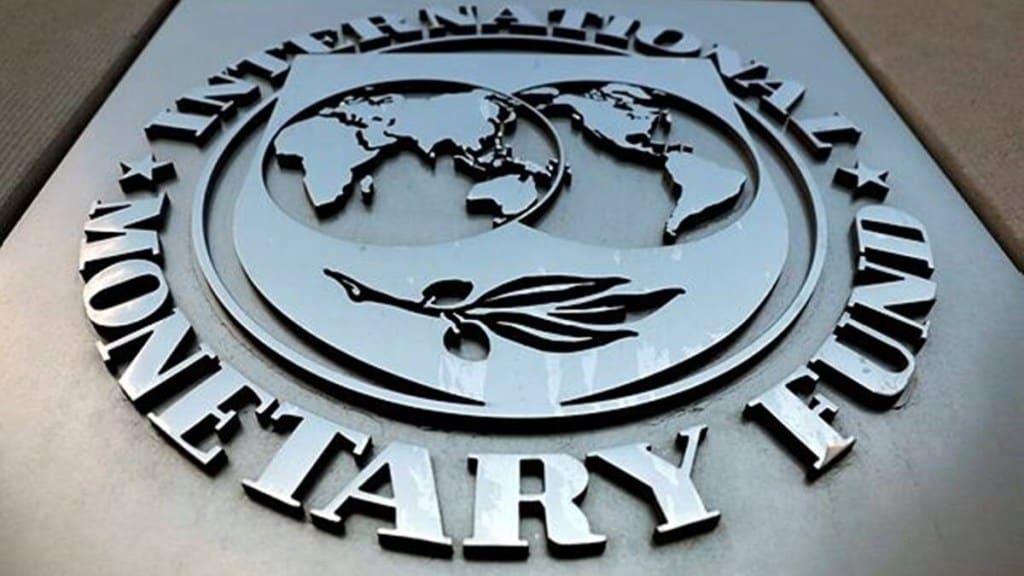The International Monetary Fund (IMF) managing director Kristalina Georgieva on Saturday said differences in G20 over debt relief to distressed countries are yet to be bridged. The IMF chief also said banning private cryptocurrencies should be an option if regulations fail.
Amid food and energy shortages for their population due to dwindling forex reserves and debt repayment obligations, India’s neighbours Sri Lanka, Bangladesh and Pakistan have sought a bailout from the IMF over the past year to tide over their economic hardships. China, which is the biggest lender to these countries, is understood to be yet to come on board. It was asking G20 nations to conduct a fair, objective and in-depth analysis of the causes of global debt issues.
“On debt restructuring, while there are still some disagreements, we now have the global sovereign debt roundtable with consideration of all public and private creditors,” Georgieva said after the debt roundtable she co-chaired with Finance Minister Nirmala Sitharaman on the sidelines of G20 Finance Ministers and Central Bank Governors (FMCBG) here.
Under the G20 Presidency, India has been pressing for ways to tackle the aggravated debt vulnerabilities facing developing nations mainly on account of the continuing geopolitical tensions and the pandemic.
Also read: Key initiatives on tax administration side to take India up the ladder in EoDB rankings
“We just finished a session in which it was clear that there is a commitment to bridging differences for the benefit of countries,” Georgieva said.
French finance minister Bruno Le Maire on Friday asked G20 colleagues not to underestimate the risk of destabilization coming from developing countries. “Time is really short, developing countries are waiting for decisions (on debt relief). So, let’s decide,” Maire said.
The IMF has put together a comprehensive paper on macro-financial implications of crypto assets for deliberation by the G20 FMCBG.
“We have to differentiate between central bank digital currencies that are backed by the state and stablecoins, and crypto assets that are privately issued,” Georgieva said.
Also read: India’s day out at G20
“There has to be a very strong push for regulation… if regulation fails, if you’re slow to do it, then we should not take off the table banning those assets, because they may create financial stability risk,” she said.
Finance Minister Nirmala Sitharaman on Friday welcomed support for crypto assets, especially with regard to building and understanding the macro-financial implications to form a coordinated global policy on such assets.


